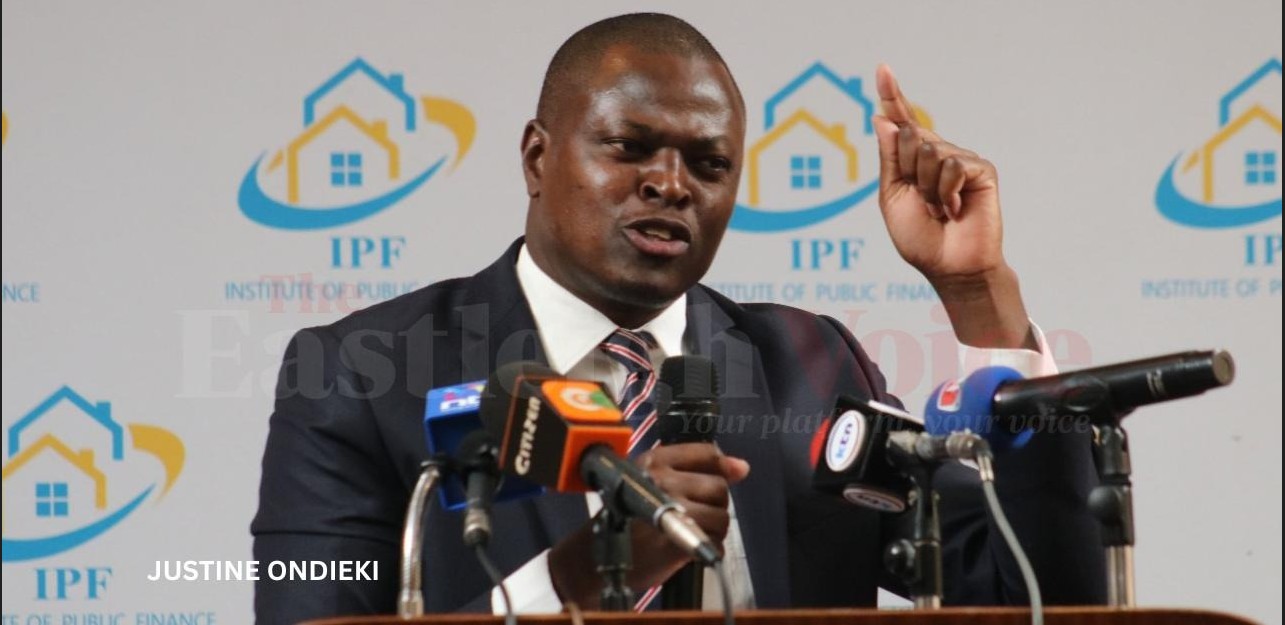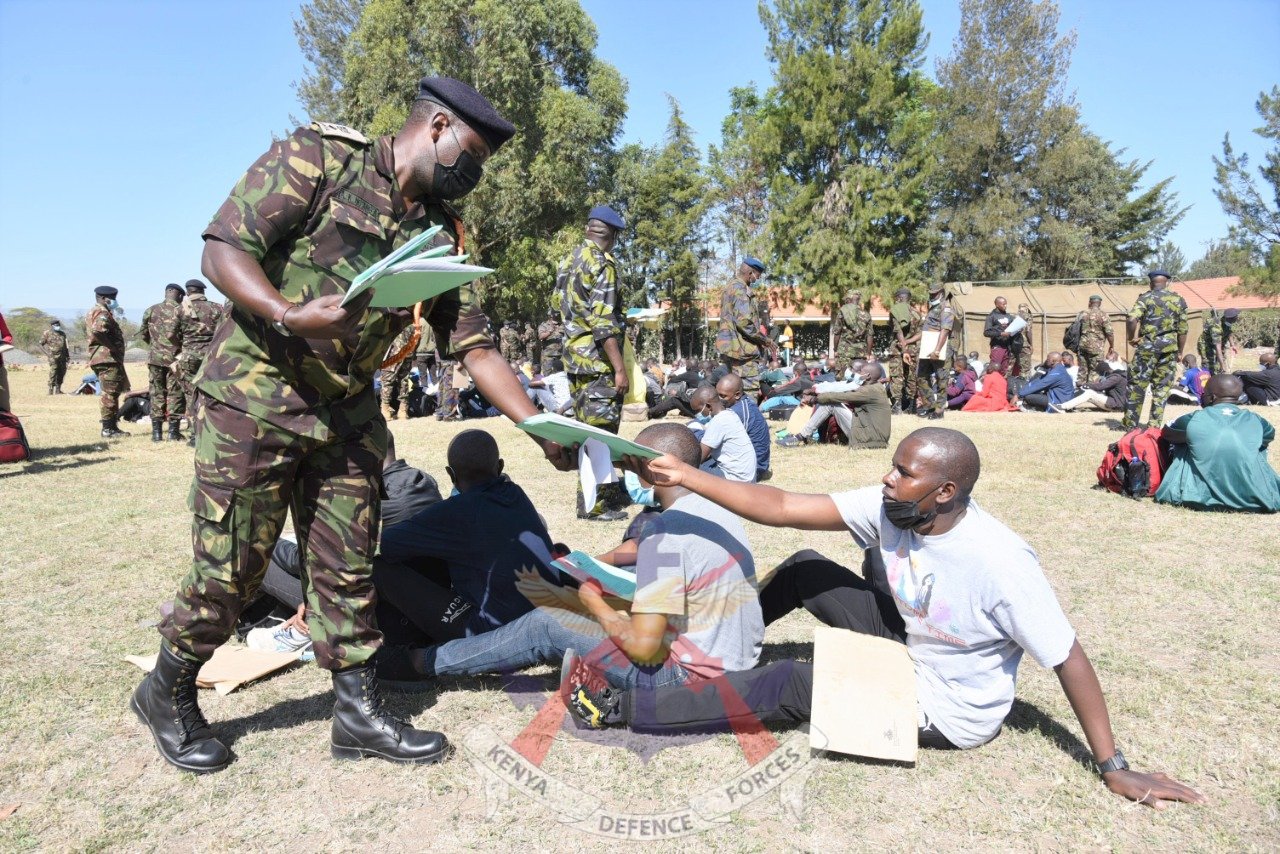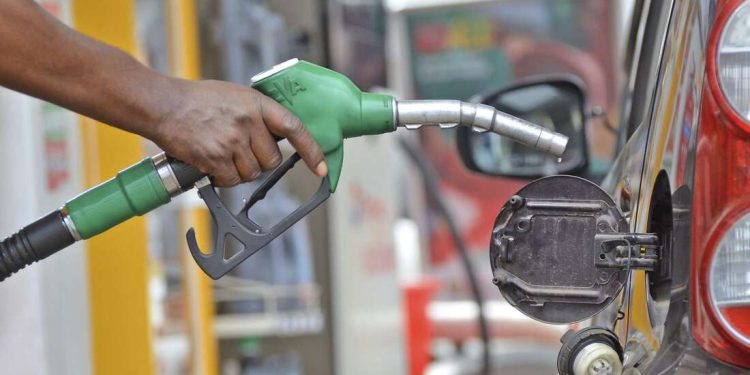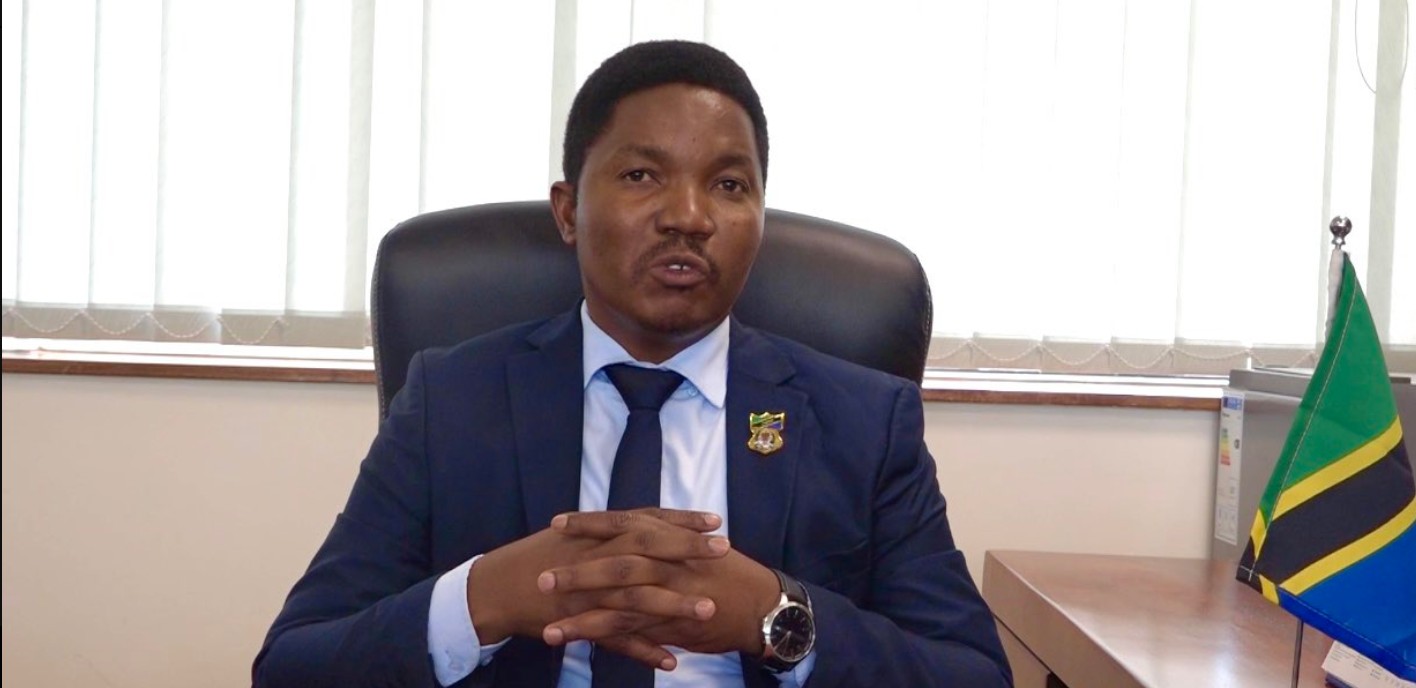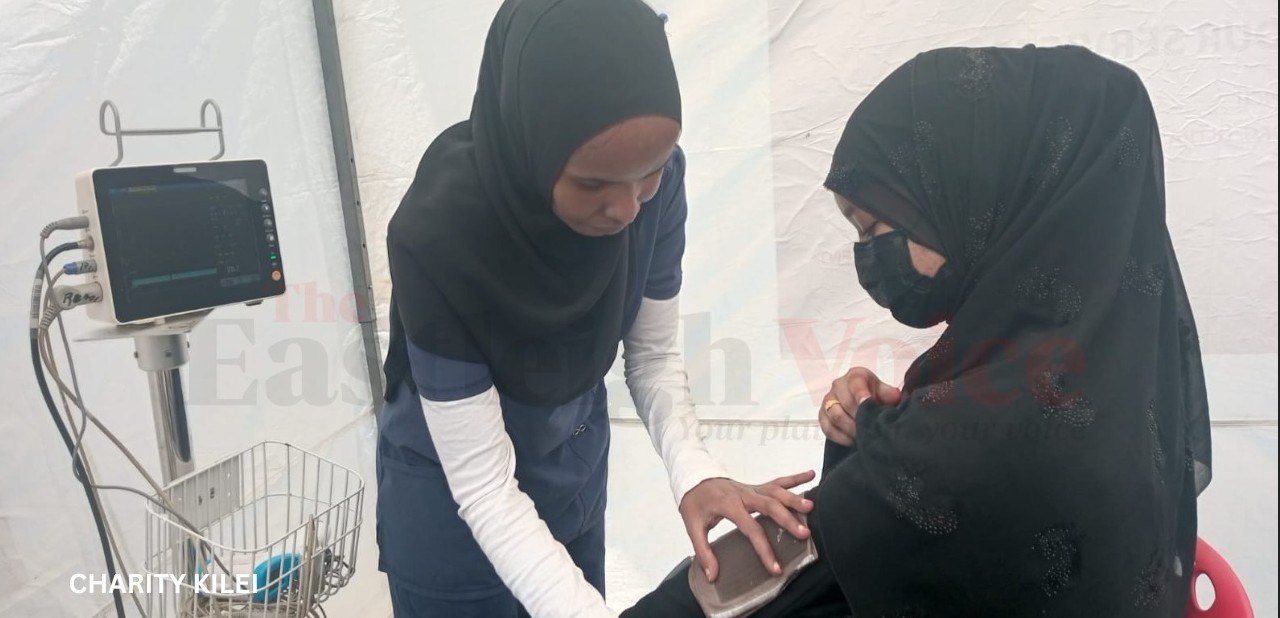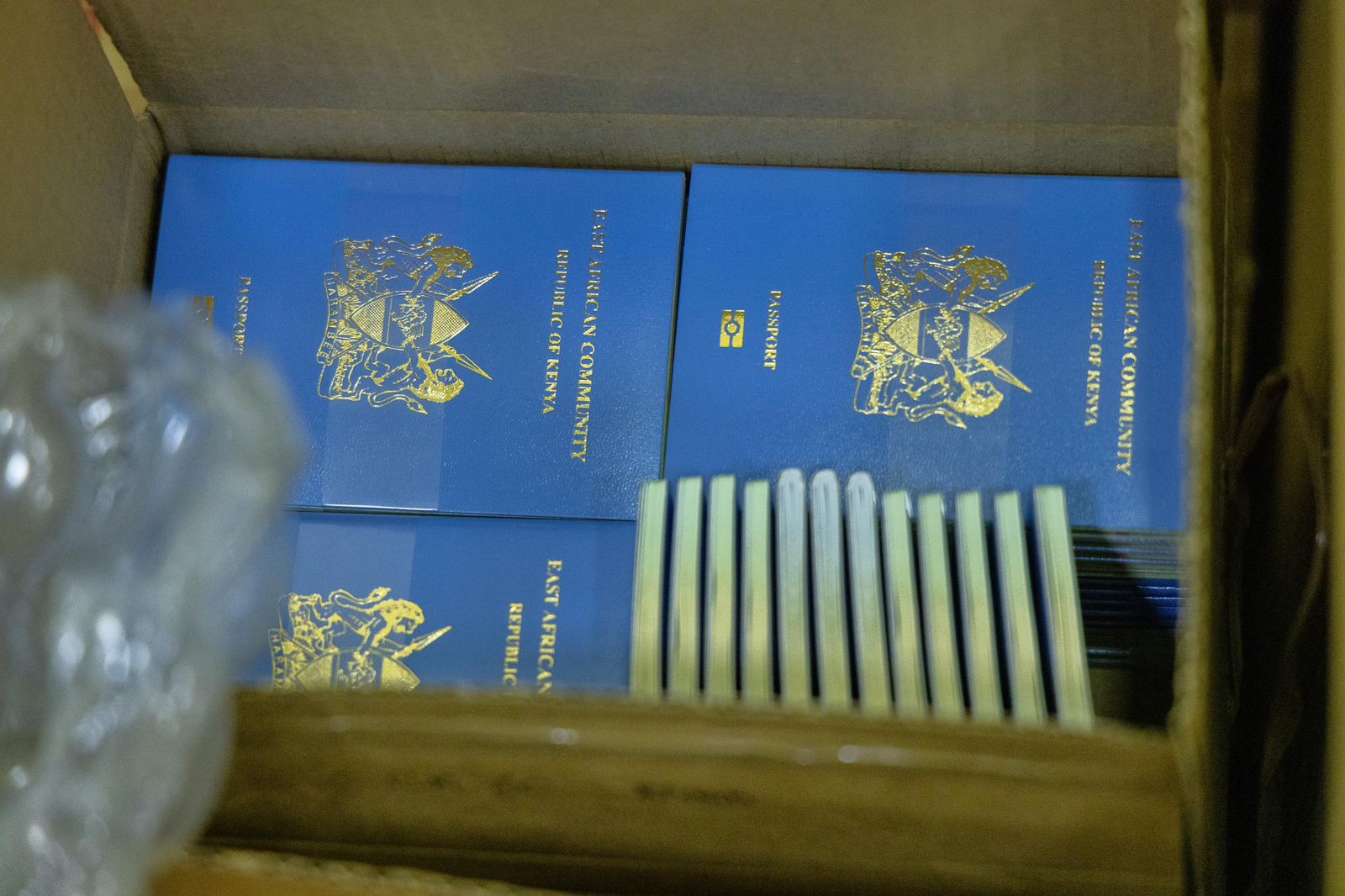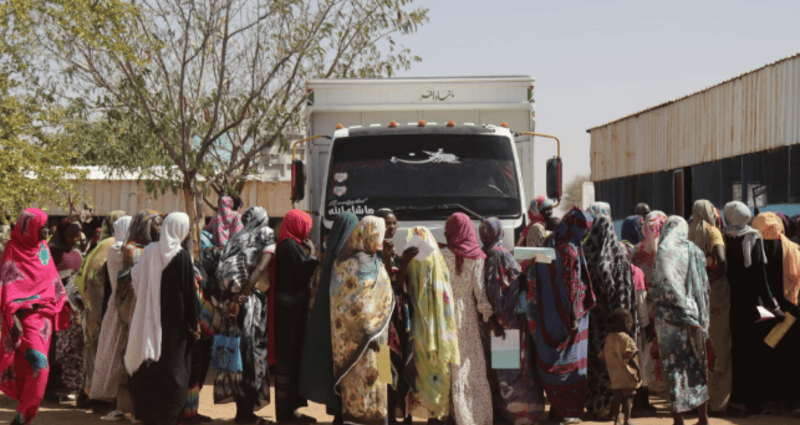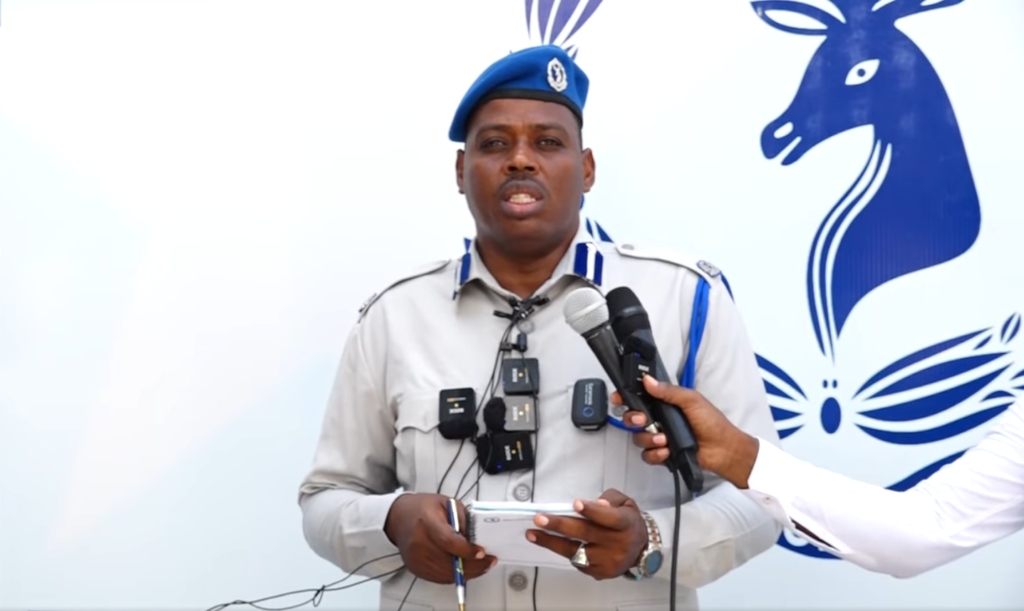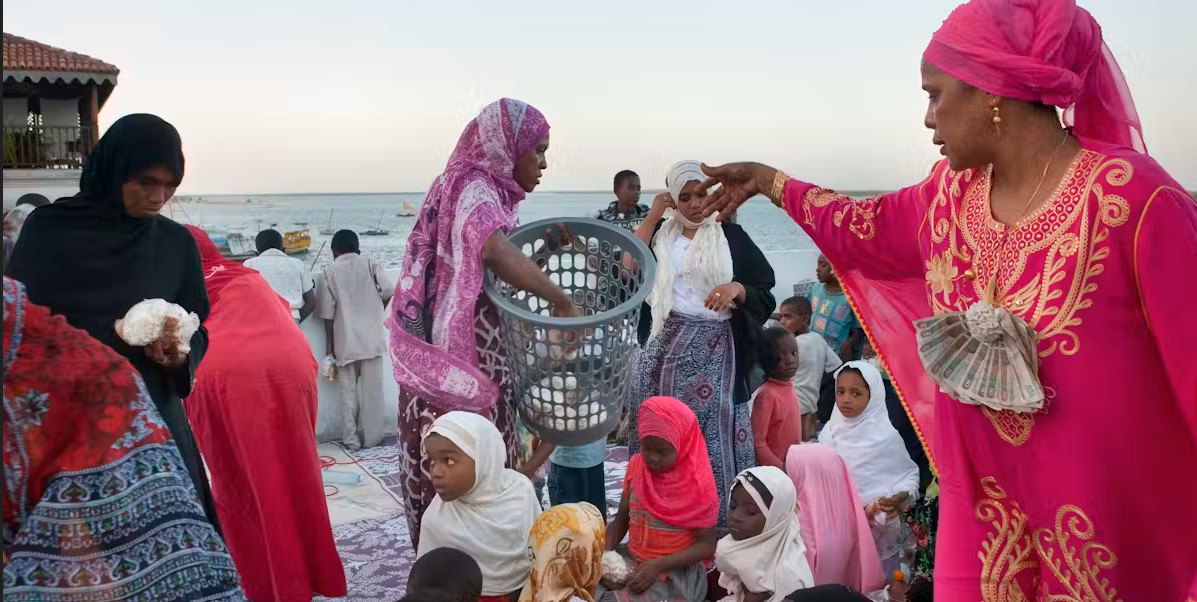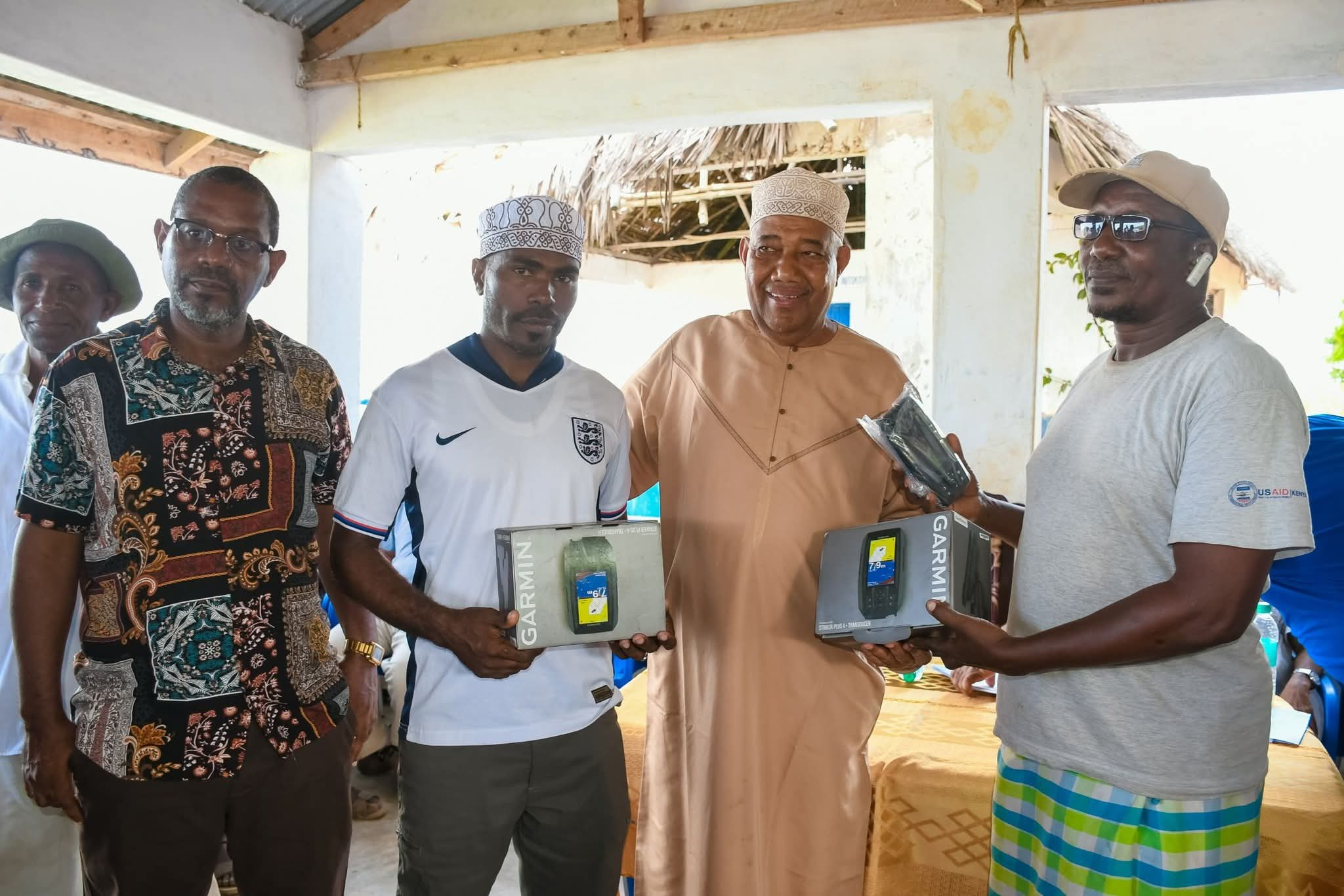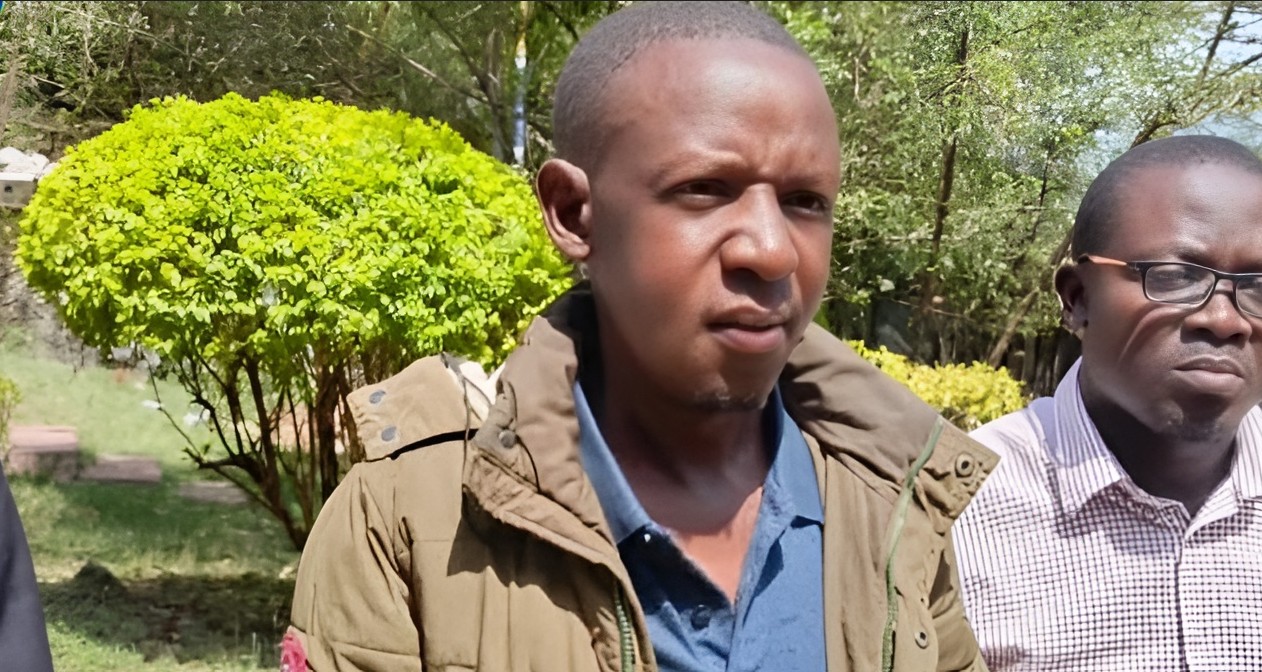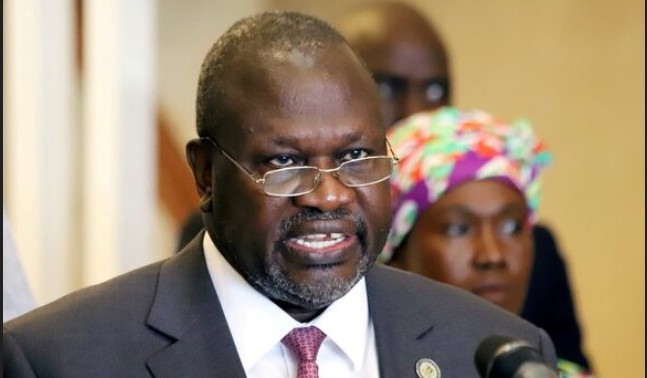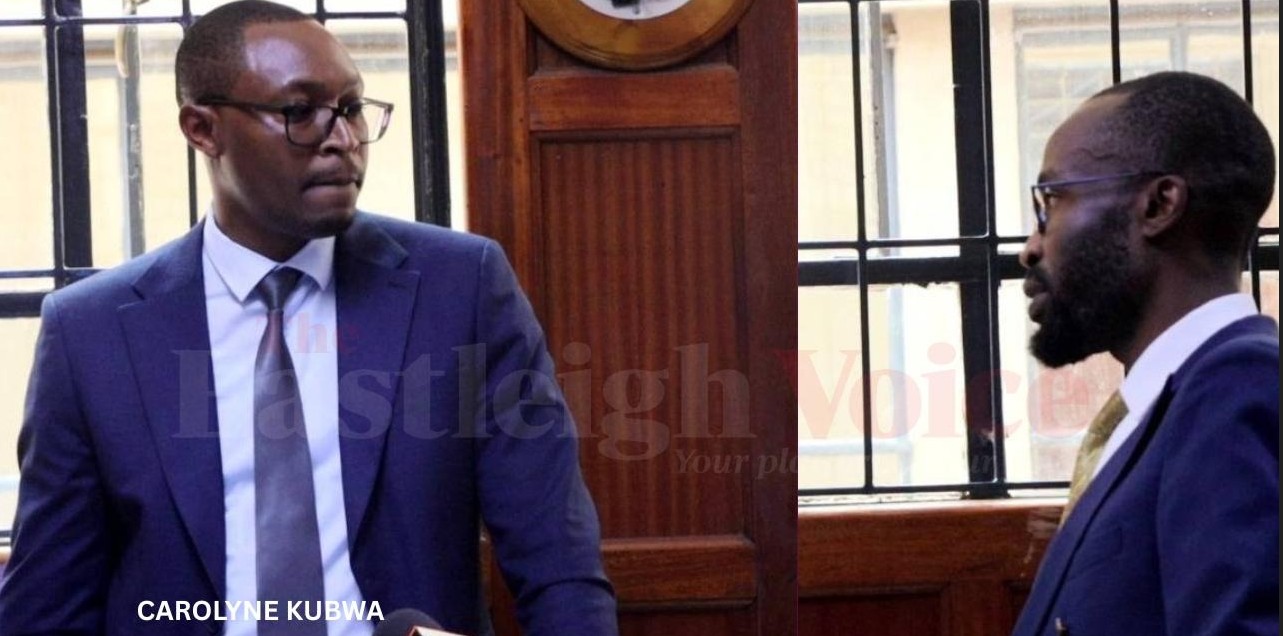More than 1,500 killed between April and June in Haiti
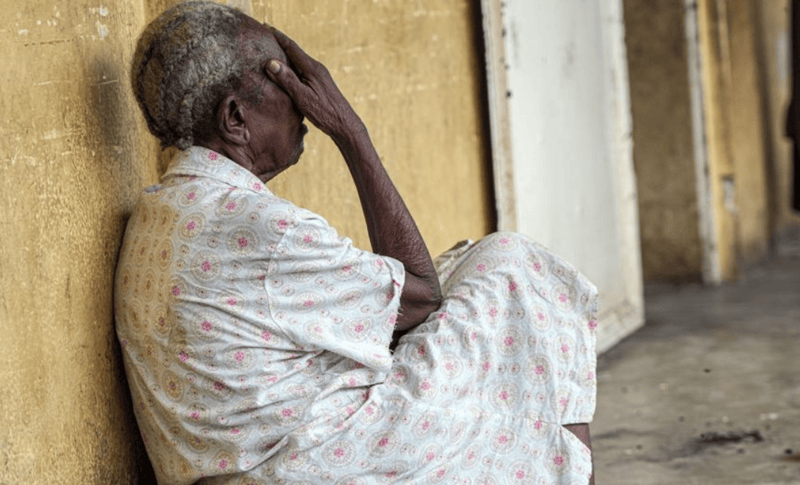
As many gangs expand their territory, they have committed human rights violations, according to the UN, including extrajudicial killings, child exploitation, trafficking, murder and gang rape.
Two gangs in Haiti took over a radio station in April. They broadcast propaganda and played hip-hop supportive of their activities. Upon leaving, they took all the equipment with them and burned down a nearby market — a reminder that armed violence in Haiti is not only taking people’s lives but also destroying their livelihoods.
Between the beginning of April and the end of June, armed violence in Haiti has killed 1,520 people and injured 609 more, according to a new report on human rights in Haiti, which was released on Friday.
More To Read
- Malindi police arrest 42 suspected gang members in security sweep
- Kenya appeals for global support to secure peace in Somalia, Haiti
- Haiti: UN relief chief implores ‘we have to do better’ to support gang-ravaged nation
- Kenya-led mission in Haiti set to end in October if UNSC adopts new resolution
- Kenya reaffirms commitment to Haiti peace mission despite challenges
- Kenyan police officer killed in Haiti accident identified
These numbers are similar to those from the first quarter of 2025, when 1,617 people were killed and 580 were injured.
“Gang attacks in the Artibonite and Centre departments, and in the capital, continue to cause serious human rights violations and exacerbate an already dire humanitarian crisis,” said Ulrika Richardson, the UN Resident and Humanitarian Coordinator in Haiti.
Gang influence expanding
President Jovenel Moïse’s assassination in 2021 triggered widespread gang violence in the capital of Port-au-Prince. Today, the UN estimates that gangs control at least 85 per cent of the city. In the past few months, many have begun to expand their influence in the Centre and Artibonite departments.
In June alone, 45,000 people were displaced in Centre and Artibonite, meaning that the total number of displaced people across these two departments totals over 240,000, according to the International Organisation for Migration (IOM).
Between April and June, security forces were able to slow down the gang’s expansion in the capital, but the UN office in Haiti, BINU, noted that the situation still remains exceptionally volatile.
Additionally, gangs have continued to expand into Artibonite and Centre, in some instances even beginning to establish sketches of governance to consolidate territorial gains.
In Mirebalais, for example, two gangs that control the entry and exit points of this town organised street cleaning and house painting campaigns. However, because the residents of Mirebalais have largely fled, these gangs reportedly had to recruit residents from their controlled territory in the capital.
As many gangs expand their territory, they have committed human rights violations, according to the UN, including extrajudicial killings, child exploitation, trafficking, murder and gang rape.
Gang rape is now the predominant form of sexual violence, accounting for 85 per cent of all documented cases. In mid-May, two women in Cité Soleil were brutally gang raped before being shot dead and burned in what appeared to be a perverse act of gang “justice” for entering an off-limits neighbourhood.
“Gang members continued to resort to murders, gang rapes, and kidnappings to maintain their control over populations living in areas under their influence,” BINUH said.
People killed and bodies burned with impunity
The UN has long warned that gangs are not the only groups committing human rights abuses and violations in Haiti — government security forces and local self-defence groups have also committed violations.
Of the 1,520 people killed and 609 injured between April and June, most were in the capital or the Centre and Artibonite departments, with 24 per cent of them killed or injured by gangs.
One particularly gruesome incident took place at the end of May when members of one gang in Port-au-Prince slashed the throats of 15 men between the ages of 70 and 80. The gang portrayed this as a “sacrifice” for a voodoo ceremony and burned the bodies of the elderly men at the end.
Security operations against gangs accounted for 64 per cent of the deaths and injuries during this period, with 73 documented cases of summary executions and one-third of the deaths occurring as a result of explosive drones.
One public prosecutor in Miragoâne killed 27 individuals whom he alleged were gang members between April and June, bringing the total number of executions he has committed with impunity to 83 since 2022.
Self-defence groups, which have formed as a reaction against the gangs and security forces’ inability to contain them, were responsible for 12 per cent of those killed and injured. These groups have been especially active in Port-au-Prince and the Artibonite department.
In late May, one of the self-defence groups attacked the town of Petit -Rivière, using machetes to kill over 55 people — mostly farmers — who they accused of supporting a gang. These farmers were killed while attending a religious ceremony and their bodies were burned.
Respect human rights
The humanitarian situation in Haiti is increasingly dire, with over 1.3 million people displaced and half of the population facing food insecurity.
With the humanitarian response plan only 8 per cent funded, the UN Office for the Coordination of Humanitarian Affairs (OCHA) is calling on the international community to step up financial support.
The report also urged the international community to continue to increase support for Haiti’s fight against gangs.
“The report calls on the Haitian government, with the support of the international community, to strengthen the fight against gangs while strictly respecting human rights and standards on the use of force,” the UN Mission in Haiti said.
Top Stories Today
